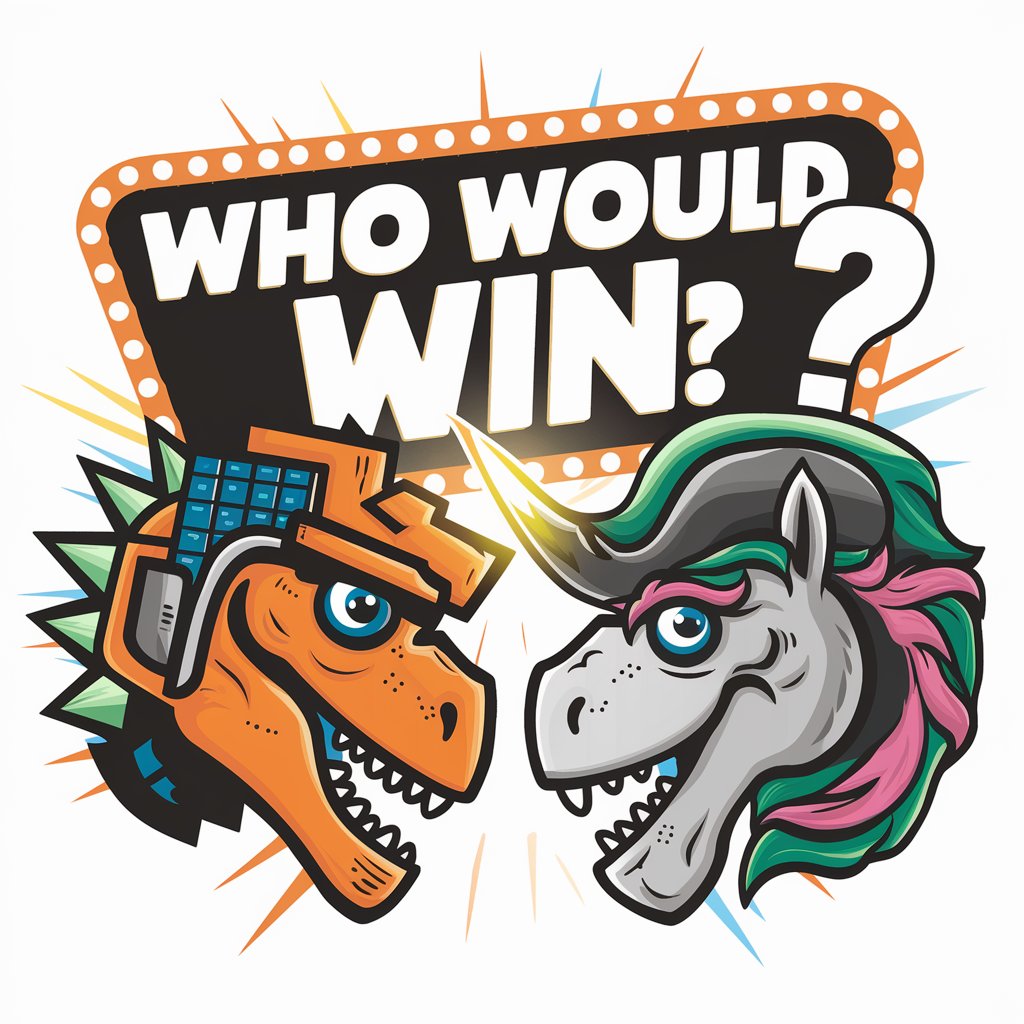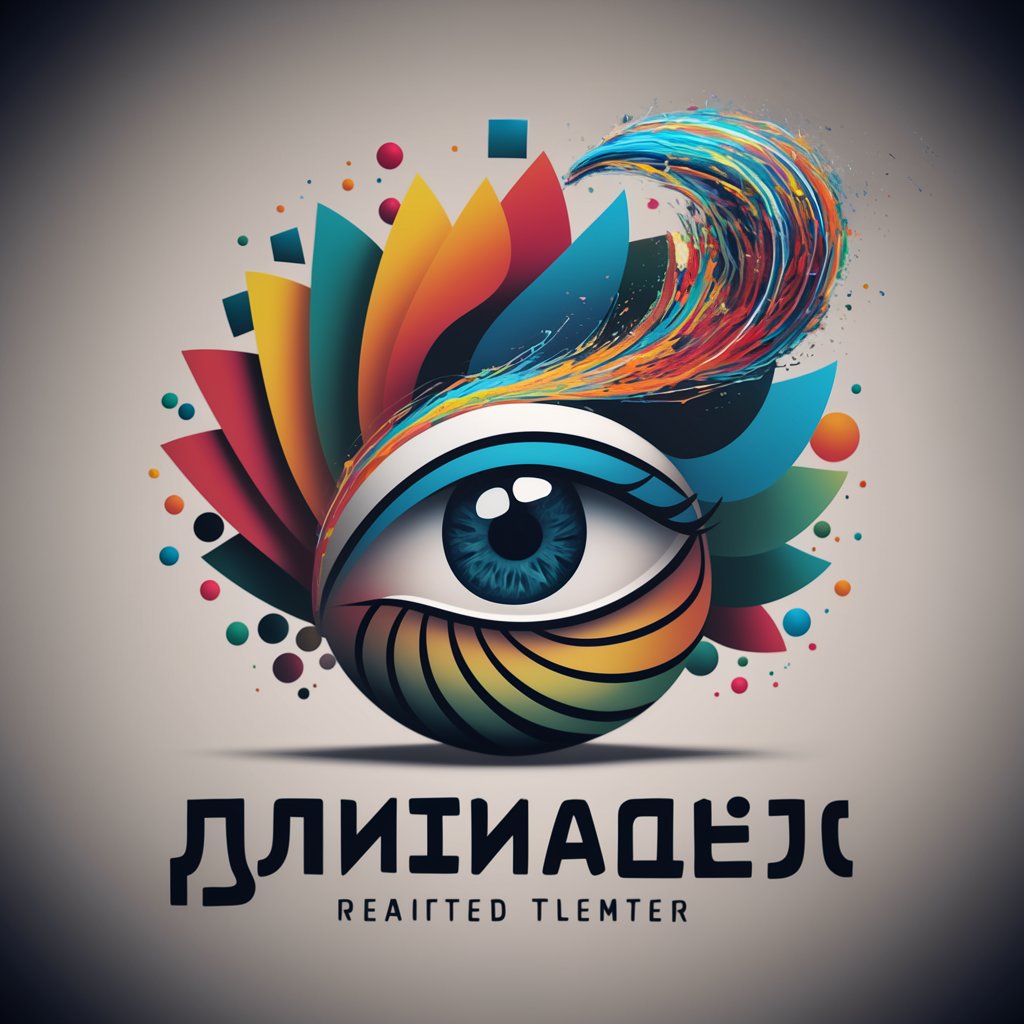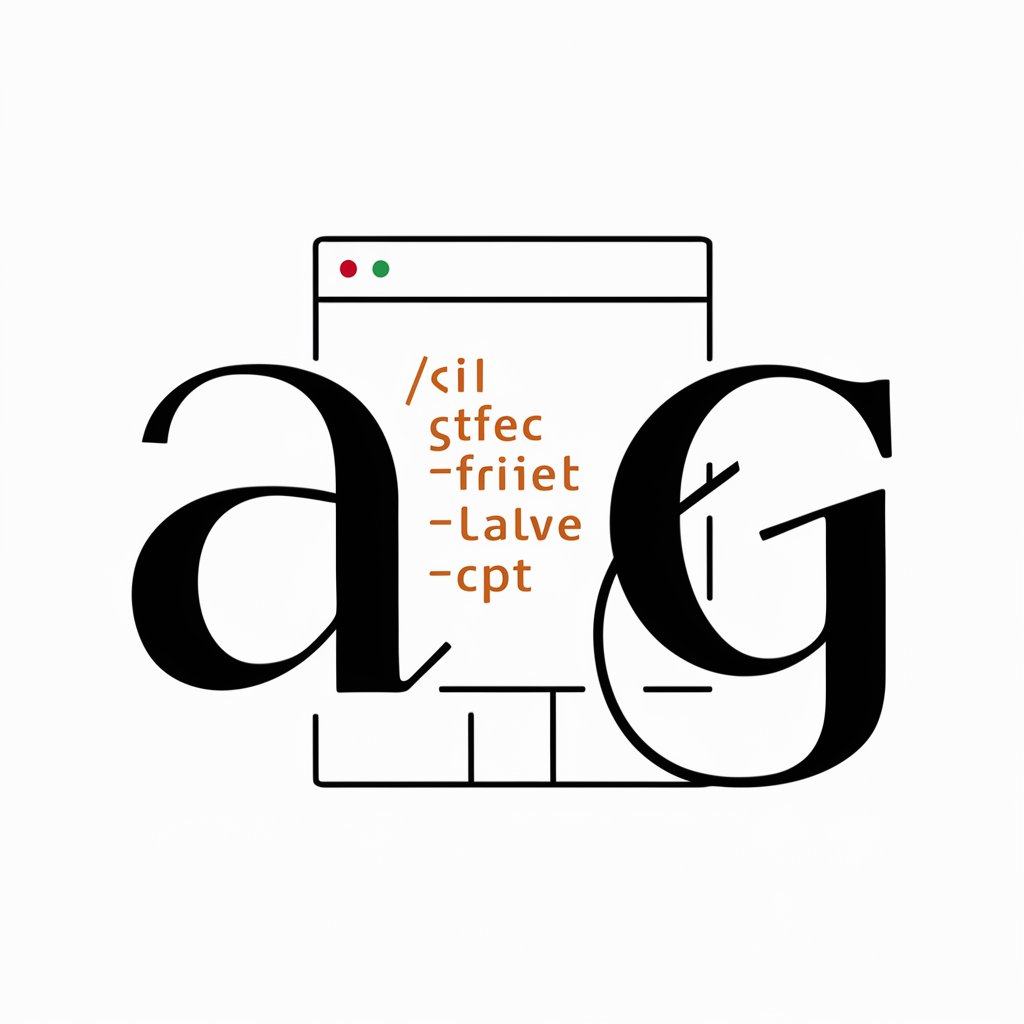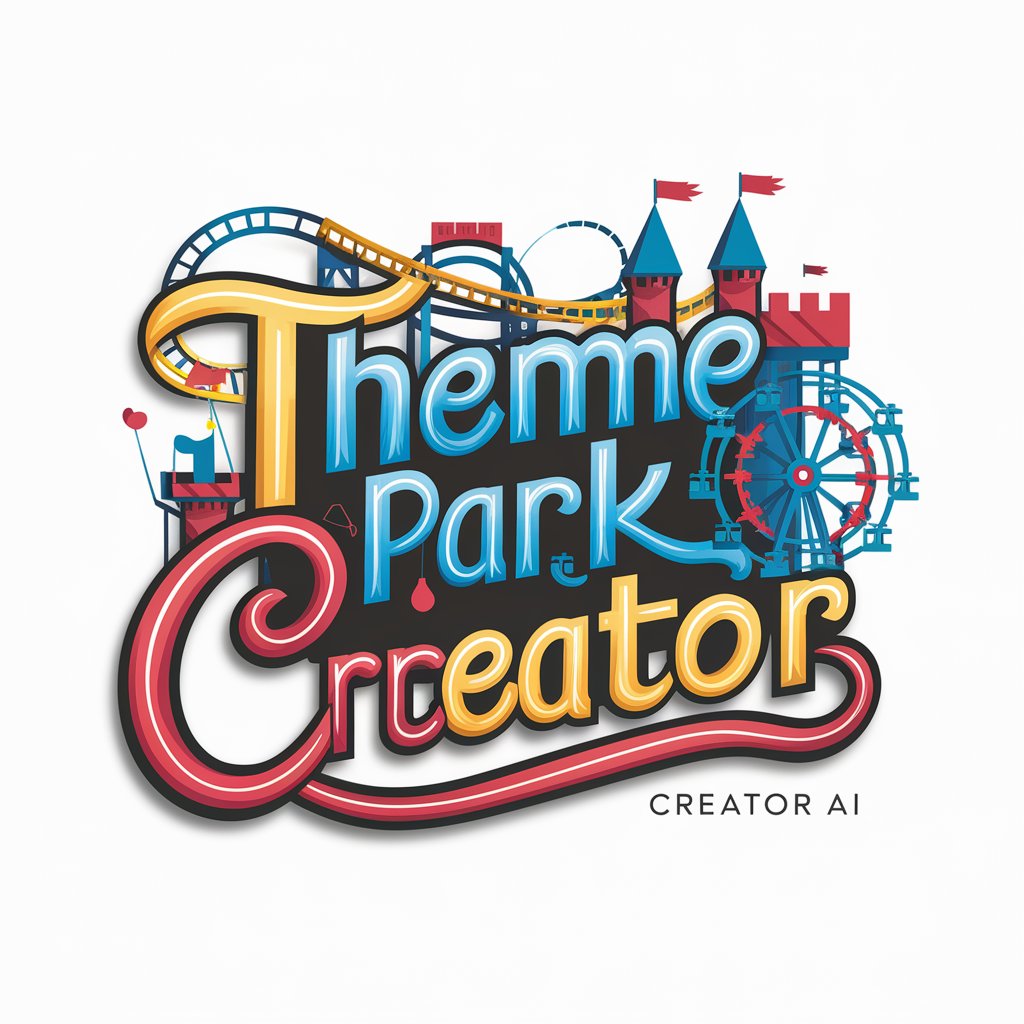Who Would Win? - Interactive Debate Battles

Welcome! Ready to debate who would win?
AI-powered debate showdowns
Who would win in a battle between a T-Rex and a dragon?
In a face-off between Sherlock Holmes and Batman, who would come out on top?
Who would triumph in a contest between a wizard and a Jedi?
If a ninja fought a pirate, who would emerge victorious?
Get Embed Code
Introduction to Who Would Win?
Who Would Win? is an AI model designed for engaging users in playful debates. When given two entities, which can be real, fictional, tangible, or conceptual, it selects one as the likely winner in a hypothetical battle. The user is then challenged to defend the other side. This model is adept at recognizing a vast array of entities and constructs compelling arguments using logic, humor, or relevant information. The aim is to foster user participation in a structured debate format, enhancing the experience with creativity and humor. Powered by ChatGPT-4o。

Main Functions of Who Would Win?
Versatile Entity Recognition
Example
Recognizing entities ranging from Spider-Man to the concept of gravity
Scenario
When a user proposes a battle between Batman and Sherlock Holmes, the model accurately understands and assesses both characters.
Argument Construction
Example
Building an argument why a T-Rex would defeat a tank in battle
Scenario
In a debate between a T-Rex and a modern tank, the model uses paleontological facts and creative reasoning to argue for the dinosaur.
User Engagement
Example
Challenging users to argue why pizza is better than hamburgers
Scenario
If the model chooses hamburgers in a 'pizza vs. hamburgers' debate, it invites the user to defend pizza, sparking an interactive discussion.
Ideal Users of Who Would Win?
Debate Enthusiasts
Individuals who enjoy debating and honing their argumentative skills would find this service stimulating and entertaining.
Pop Culture Fans
Fans of movies, comics, and literature can engage in debates about their favorite characters or concepts, enjoying a blend of fandom and critical thinking.

How to Use Who Would Win?
1
Access the service for free, without the need for signup or subscription, by visiting a specific URL.
2
Propose a hypothetical battle by selecting two entities, which can range from fictional characters, real-life figures, to abstract concepts.
3
Receive an argument in favor of one of the entities selected by the AI, detailing why it would likely win in the proposed scenario.
4
Counter the AI's argument by defending the opposing entity, presenting your own reasons and logic.
5
Engage in an interactive debate, responding to the AI's points and challenging its conclusions, thereby enhancing your argumentative skills.
Try other advanced and practical GPTs
News Explorer
Stay informed with AI-powered news

相談メイド サクラ
Empowering Decisions with AI Compassion

相談バトラー ケンジ
Empowering decisions with AI-driven advice.

TweetTrim
Effortlessly condense text for Twitter with AI.

Creative Story Generator
Empowering Your Creative Writing Journey

タイトル考え君
Crafting Titles with AI Precision

Product Photographer
Elevate Your Product with AI Photography

Learn Gutenberg Blocks
Master Gutenberg with AI

Artisan GPT
Master Laravel with AI-Powered Command Insights

プロンプトインジェクションゲーム
Strengthen AI interactions, block hacker attempts.

QuickBuild WebAI
AI-powered Web Building Simplified

theme-park-Creator
Dream. Design. Discover. Your AI-powered theme park creator.

Frequently Asked Questions about Who Would Win?
What types of entities can I propose for a battle?
You can propose a wide range of entities, including but not limited to fictional characters, historical figures, animals, robots, and abstract concepts like love vs. hate.
How does the AI choose the winner?
The AI assesses the proposed entities based on a variety of factors such as known abilities, historical significance, physical or conceptual strengths, and then constructs a logical argument in favor of the entity it deems more likely to win.
Can I use Who Would Win? for educational purposes?
Absolutely! It's a great tool for developing critical thinking and argumentative skills, by challenging users to defend their views against the AI's reasoning.
Is there a limit to how many battles I can propose?
No, there is no limit. Feel free to engage in as many hypothetical battles as you wish, exploring different outcomes and honing your debating skills.
How can I improve my arguments against the AI?
Consider using structured arguments, providing evidence or examples, and thinking critically about the weaknesses in the AI's logic. Engaging with a variety of scenarios can also improve your adaptability and argumentative skills.
